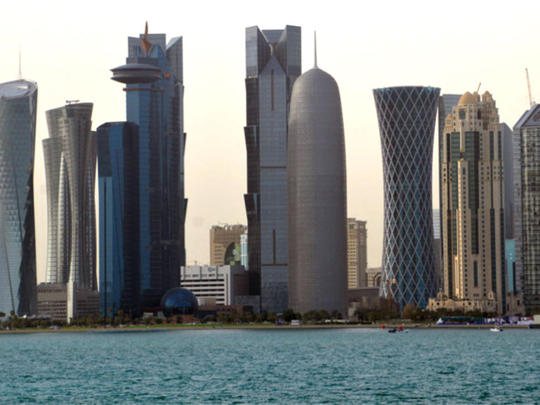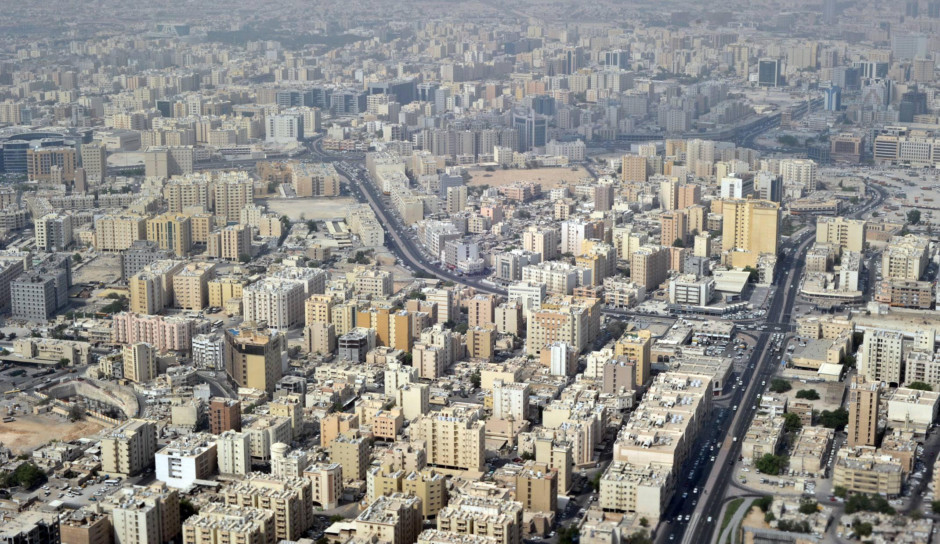
Doha: A noticeable boom in the construction of residential units in Qatar does not guarantee a home and a lot of bachelor expats are a living testament to this theory.
Despite the seeming availability of residential buildings, accommodation remains a main challenge for Qatar residents. The lack of affordable housing means that a lot of expats either have to pay over the odds to get a decent accommodation or accept the options at their disposal, which most of the times are far from ideal.
At the heart of the problem are Qatar’s bachelor expats who are being pushed to move to distant compounds outside Doha in line with government plans to separate them from family-dominated neighbourhoods. According to data compiled by the Ministry of Development Planning and Statistics, Qatar’s population at the end of September stood at 2.35 million and, with males outnumbering females by more than three times, the majority of Qatar residents are single male expats.
The Ministry of Finance’s government housing department, the executive body in charge of allocating residential units for foreign public sector employees, started to implement a government plan to move single expats outside Doha as citizens are concerned about their privacy. In line with the scheme, many bachelor residents were asked to evacuate their homes and move to new locations that were to be decided by the department.
One of the new locations is a recently constructed compound nearly 20 kilometres away from West Bay, Doha’s business district that houses the majority of ministries and headquarters of several government and private sector entities where a lot of Qatar expats are employed. The morning and noon rush hours and the location of the compound in Doha’s highly-congested and underdeveloped Industrial Zone make the daily commute for this group of people hardly enviable. A drive of 15 to 20 minutes to and from work in the past could easily take over an hour after moving to the new location. With just one hypermarket serving the whole compound, shopping for basic items such as water and foods is not an option after midnight, which poses a problem for people who work night shifts.
An employee of the government housing department speaking on condition of anonymity said that the only available accommodation for single public sector employees at the moment is outside Doha. He added that some evacuated buildings remain empty months after residents had left them but did not know if they will be used as single or family accommodation in the future.
Last month, the cabinet approved a draft law banning the housing of workers in neighbourhoods meant for families. According to the bill, “it is prohibited to rent, lease, or allocate places and parts of places of all types for the accommodation of workers within family housing areas.” Authorities are obliged to “refrain from delivery of public services and facilities to properties leased as workers’ residence until the lease is registered”.
Orders of evacuation are not handed only to residents of units under control of the government housing department.
Amr, an expat living in Doha with his family who chose to identify himself by first name, told Gulf News that a building near his home in Umm Ghuwailina, a densely-populated Doha neighbourhood, was evacuated by the police and its residents, bachelor workers of African nationalities, remained on the street for days along with their belongings. “They sat on the street for a few days with washing machines and TV sets. The numbers decreased day after day until they were gone, probably to a new accommodation,” he said.
Transportation is another reason bachelor expats, many of whom are employed in average-paid jobs, are likely to suffer should they be moved out of Doha. “Families whether expat or locals are normally the ones who own cars. Most bachelors struggle with public transportation whether buses or taxis,” said Renz Cruz, a single Filipina expat who works as a strategic planner at Doha’s cultural district of Katara.
“Families earn better salaries than bachelors. They are the ones who can afford to buy cars and rent flats or studio apartments or villas. Bachelors earn less, can’t make ends meet, can’t afford to buy cars, and have to struggle with sharing accommodation.”
Unless salary scales for bachelors are raised, moving them out of Doha “would be impossible”, she added.
Cruz also highlighted an economic factor in the equation, saying that commercial entities in Doha such as malls, cinemas, restaurants and night spots would suffer a sharp slowdown because the majority of their clients are single expats. “Moving us up away from city will affect the earnings,” she said.
To counter the lack of affordable housing, partitioned villas have become the solution for thousands of families and bachelors who are hunting for homes. However, the practice remains illegal and the Ministry of Municipality and Urban Planning carries out raids every now and then to evacuate violating units. The ministry has also urged the public to report such violations and provided phone numbers and self-service machines to file complaints.
— Ahmed Morsy is a freelance journalist based in Doha












